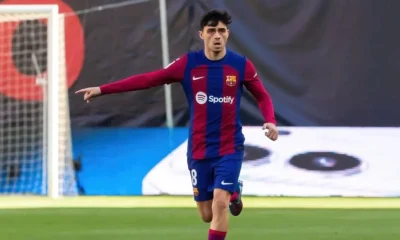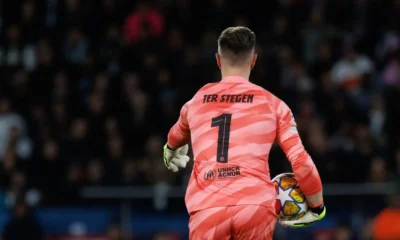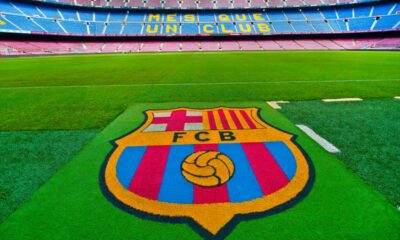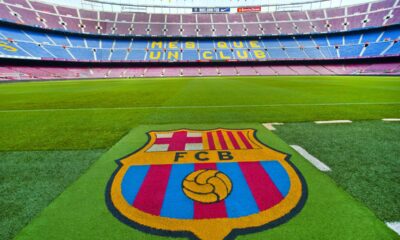Bundesliga
A window into the past: the German national team coach Hansi Flick was fired. The first was Jupp Derwall in 1984
After the debacle with Japan (1:4), Hans-Dieter ´Hansi´ Flick jumped to the German national team, even though he had a contract until the European Championship, which his country is hosting next year. The post of coach of the German national team had long given the impression of certainty as to when the length of the contract would be fulfilled.

After the debacle with Japan (1:4), Hans-Dieter ´Hansi´ Flick jumped to the German national team, even though he had a contract until the European Championships, which his country is hosting next year. The position of coach of the German national team had long given the impression of certainty when the length of the contract would be fulfilled. This is no longer the case. The first man to be sacked was Jupp Derwall in 1984.
We are thus talking about the position of coach in the Federal Republic of Germany at a time when the German Democratic Republic (1949-1990) existed in parallel.
If we look back in history, the first man to look after the German football team professionally was Otto Nerz (1926-1936), who was then succeeded by the legendary Sepp Herberger – already labelled Reich Coach – who bridged the Third Reich, the break-up of Germany and, with the 1954 World Cup title, handed over the scepter to his successor Helmut Schön in 1964.
No one ever questioned his position, although there were setbacks during his reign.
Helmut Schön also performed well, winning the 1974 and 1972 European titles, but when he announced his retirement from the team in June 1978, it was not because the defending world champions in Argentina jumped without a medal, but a planned and pre-announced retirement.
Jupp Derwall had been his assistant since 1970 and logically moved to the top position. The contract was again loyalty: when he decides, he will go. Derwall’s tenure began with the longest unbeaten streak (23 games), which also included the longest winning streak with 12 duels won. It seemed he would follow in the footsteps of his predecessors and sit on the bench for as long as he felt like it.
But things turned out differently in the end.
Derwall won European gold in 1980 and two years later, at the World Championship in Spain, his charges lost to Italy in the final 1-3. The 1984 European Championship in France was, however, extremely unsuccessful, with the favoured Germans not even making it out of the preliminary group – they were beaten by Spain and Portugal.
He came under pressure that the national team coach had not known before. Apparently he wanted to continue, he had already talked about preparing for the upcoming qualification for the 1986 World Cup in Mexico, but he became the target of the tabloid press. He was also subjected to violent verbal attacks in public, culminating in personal insults.
In this situation, it was impossible for Derwall to remain in his position and he became the first ever national coach to resign early and not honour his contract. His successor was Franz Beckenbauer, captain of the 1974 world champions, who led the team back to the throne – despite not possessing the appropriate professional training – when they triumphed at the 1990 World Championships in Italy.
Source: Kicker, Wikipedia












